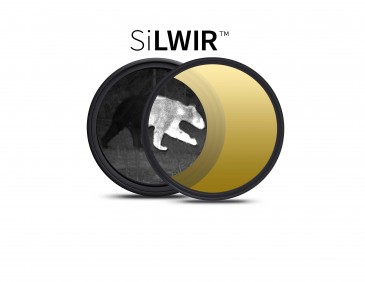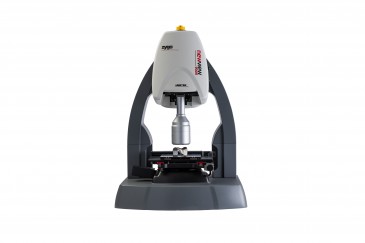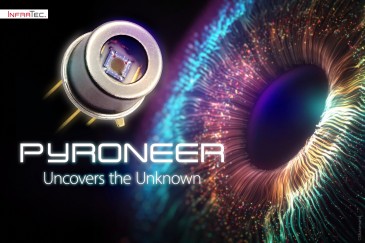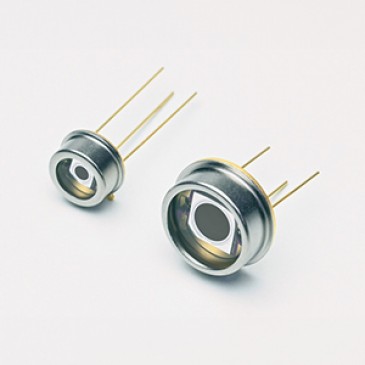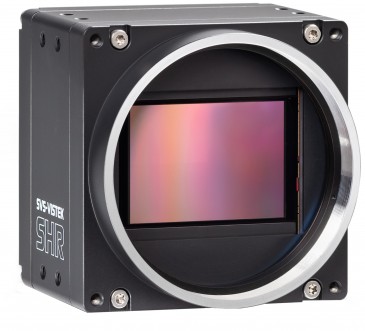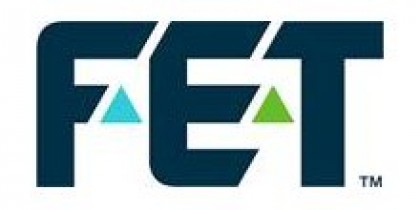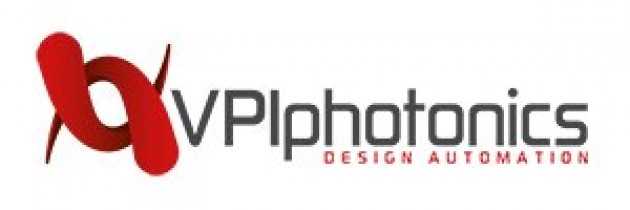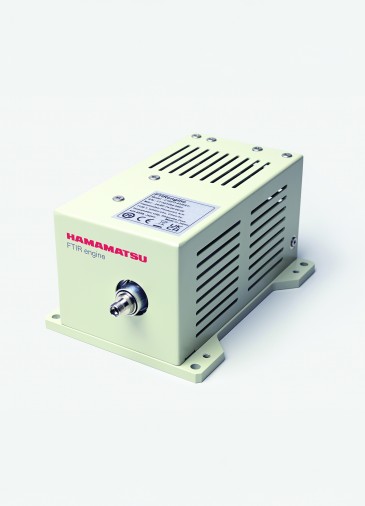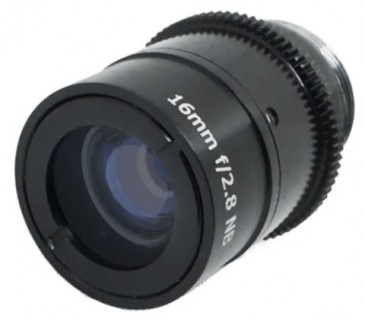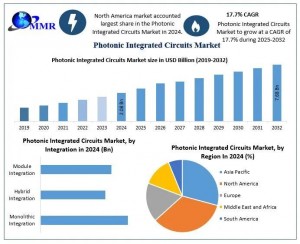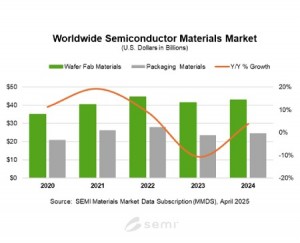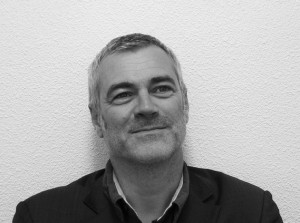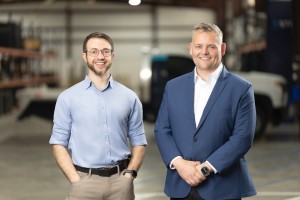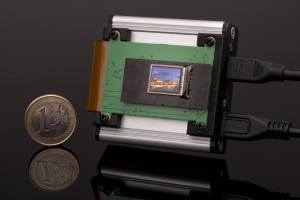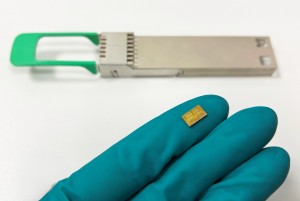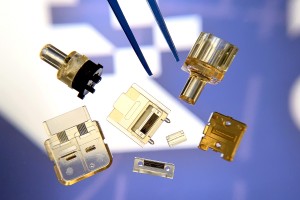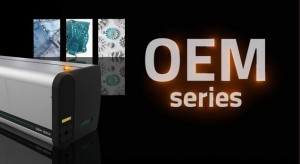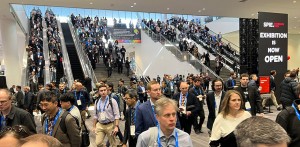
At Photonics West last week in San Francisco, California (US), an executive panel addressed the current complex complications across the globe that affect the photonics industry. From Brexit, to China trade issues, to the uncertainty surrounding another possible government shutdown in the US—and more.
The panel, moderated by SPIE’s Stephen G. Anderson, included Debbie Gustafson, CEO Energetiq Technology, Eric Mottay, CEO Amplitude Systems, Yves Lemaitre, Chief Strategy Officer, Lumentum, and Andreas Nitze, CEO Berliner Glas Group
Uncertainty is a constant in business, but has been especially challenging this year, Anderson acknowledged. Photonics technologies have a major influence on the market, and in response to these uncertain times, these four industry leaders have come together to discuss how they plan for and respond to the uncertainty.
The biggest threat
What do you consider to be the biggest threat to photonics business growth in 2019?”
Andreas Nitze of Berliner Glas said that while his company has been in a growth mode for five years, they have to be careful and aware of ten-year growth. The boom will not go on forever, and they plan for it with enough cash reserves to survive a possible slowdown.
Eric Mottay of Amplitude systems admitted that he really has no idea. But he added that if you’d asked him the same questions five years ago, we were at an inflection point. Now, while it’s been a great year, we need to embrace uncertainty. He noted that what would be safest would be to give his prediction for 2019 at the next panel in 2020.
Yves Lemaitre from Lumentum stated that China is on his mind. “We were at the mercy of regulations in China last year.” He noted that because China consumes 30 to 40% of photonics, we are dependent on these global evens, and certainly cannot ignore the importance of China. Overall, he said, “we need a resolution of the US/China relationship.” He also emphasized the interdependencies of the global market-pointing to the Huawei situation.
Debbie Gustafson of Energetics pointed out that China is the biggest market for semiconductor space, and it’s growing. Of 30 new foundries, 27 are in China, she said. She emphasized that when running a company, it’s important to be aware of what’s happening, and you have to be careful and not be building up inventories that you may have to get out of in case of downturn.
Potential for growth
Which market segments do you consider to offer the most potential for growth in 2019 and why?
Debbie Gustafson said that semiconductor people talk about a downturn. However, newcomers are always gaining new customers, she said. Energetics’ light source is a good answer for a lot of customers, she noted, adding that on the consumer electronics side, sensor testing has great potential. She said that testing side is huge—as electronics gets more complex, more testing is involved. And with AI, virtual reality, autonomous driving—sensors are huge.
Yves Lemaitre listed off sensing, laser diodes. security, safety, automotive, gaming, and augmented reality. With the deployment of 5G, there’s a drive for more information at the very edge of the network, which is driving laser and photonics innovation.
Eric Mottay said it’s all of them: Medical science, industrial. “We are in a technology that is in sync with megatrends.” The challenge, he noted, is often resource allocation.
Andreas Nitze said he can only emphasize mobility, connectivity, health, and machine vision. He pointed out that it’s important to understand the drivers for each. They are all separate markets, he said, but if you understand the different drivers, there will be growth.
The executive dilemma
As a photonics industry executive, what is the most important issue you are dealing with right now?
Andreas Nitze answered it’s all about cash, strategy and a diversified customer base. He said that in uncertain times, they don’t want to depend on banks, so it’s important to focus on strategy. “We want to make sure everything we do is somehow aligned with the market.” While this is sometimes shifting, he said they make sure they have a diverse customer base.
Eric Mottay said that the most important issue at Amplitude is specific to the company, and that is its resources, which is people. Technical guys drive the market penetration. This is a big cultural change in companies. If you lose the technology, you destroy the company. Likewise, with its people. It’s important to bridge the gap between internal technical focus and external market focus because we need both and it's especially acute these days.
For Yves Lemaitre at Lumentum it’s imperative to stay on top of photonic innovation. He pointed out that there is a lot of competition and companies have to respect that and be mindful that you have to stay ahead of the technology innovation curve. “Be a leader rather than me, too,” he said. His advice is to invest in important areas, which takes discipline and focus.
In wrapping up, the discussion turned to people—where to find skilled technicians and how to retain them. Debbie Gustafson said that in her small company that was acquired by a large company, it was important to maintain the culture in order to keep people from going elsewhere. She said she spends a lot of time talking to people to make sure that they feel good about what they’re doing.
Andreas Nitze added that when you go through several cycles, you tend to overinvest, but you keep all the people and all the machines. “After every cycle we gained market share because we still have the machines and the people.” As for finding and training people, Andreas Nitze said that Berliner Glas has a training program whereby people interested in working with their hands can try out the optics industry for just 4 to 8 weeks. If they like it, they can enter a 5-month program in which they learn about glass, ceramics, grinding and polishing. He said it has nothing to do with a low unemployment rate, it’s about getting people interested. They hired 180 people last year, “but far less than what we need,” he said. He concluded that “we all have to do it on our own.”
Reported by Anne Fischer, Managing Editor, Novus Light Technologies Today



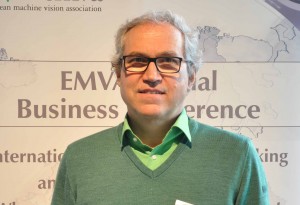
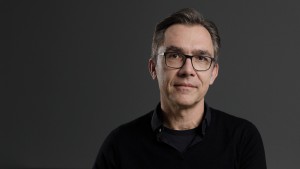
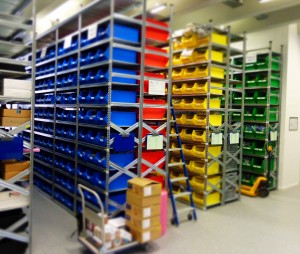



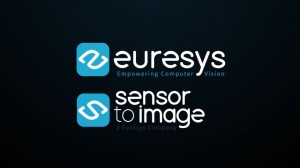
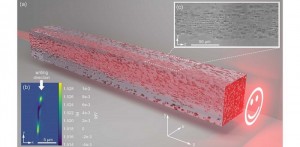


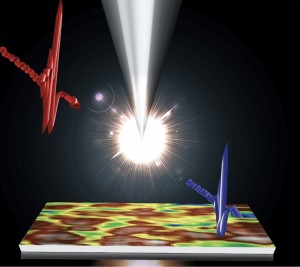





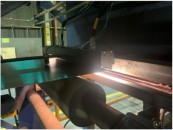

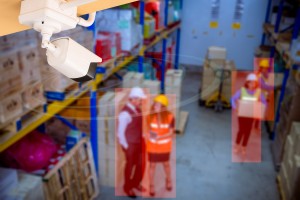





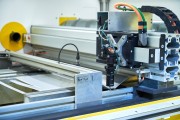




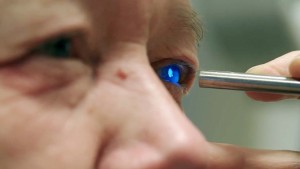


 Back to Blog
Back to Blog